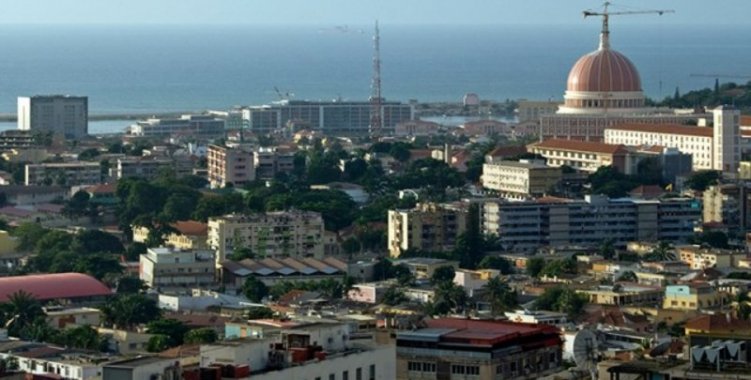"Both Angola and Mozambique have received funding from the International Monetary Fund (IMF) and other multilateral institutions to offset the economic effects of the fight against covid-19, which is the appropriate first line of defence," Thomas Laryea said in an interview with Lusa.
For the lawyer who was the creditors' representative in the restructuring of the 727.5 million dollars of sovereign debt issued by Mozambique, "any consideration of suspending payments of Eurobonds by Angola or Mozambique will be onerous for these countries and will affect the cost of financing, which is critical for them to recover from the crisis and return to growth in their economies".
For the lawyer, who is advising some creditors and also some African countries on debt restructuring and negotiations on the relief proposed by the G20 in April, "the challenge for all countries is to do 'whatever it takes', as the IMF said, to offset the effects of the covid-19 pandemic, but you can't do everything at once and trying to do it can be counterproductive".
Thus, he continued, "we need a sequence of responses and allocation of responsibilities among the relevant actors, not only at the economic level, but also at the social level.
Asked about the plan being drawn up by the African Union and the United Nations Economic Commission for Africa, which aims to pool the debt of this region and use a large financial institution to guarantee it, increasing its credibility, Laryea replied.
"If 'Brady Plan' means a concerted effort between the private and governmental sectors to deal with the burden of sovereign debt over time through voluntary tools, then yes, I recognise that in the resolution phase of the crisis some innovative and voluntary tools will be needed and coordination between the private and governmental sectors will be necessary," said the lawyer.
Criticising the G20 initiative for leaving out countries in debt to multilateral financial institutions such as Sudan or Zimbabwe, Laryea argued that "the first line of financial support to the poorest countries will have to be made up of grants or highly concessional loans", i.e. with interest rates far below those practiced by commercial banks.
In the second phase, following the peak of the pandemic, she concluded, "the government and the private sector will have to deal with the issue of debt sustainability that has emerged in all sectors of society, and the challenges to debt repayment of the poorest countries will have to be honestly assessed at that time".
The assumption of the debt problem as a central issue for African governments was well reflected in the concern that the International Monetary Fund and the World Bank dedicated to this issue during the Annual Meetings in April in Washington, where they made funds available and agreed on a moratorium on the payment of the debts of the most vulnerable countries to these institutions.
On 15 April, the G20, the group of the 20 most industrialised nations, also agreed to a suspension of USD 20 billion in bilateral debt for the poorest countries, many of which are African, by the end of the year, challenging private creditors to join the initiative.
The International Financial Institute (IFI), which brings together creditors worldwide, announced last week its intention to participate in the G20 initiative proposing the suspension of payments to creditors between May and December, although without committing itself to the terms and without giving details, estimating that the sovereign debt and interest on loans taken out by developing countries and the poorest to be paid out this year would be around USD 140 billion.
Furthermore, the African Union and the United Nations Economic Commission for Africa (UNECA), among other institutions, are drawing up a plan to exchange the countries' sovereign debt for new concessional bonds that could prevent the funds needed to combat covid-19 from being used to pay creditors.
This financial mechanism would be guaranteed by a multilateral bank with a triple A rating, the highest, or by a central bank, which would convert the current debt into securities with a longer maturity, benefiting from five years of exemption from payments and lower coupons (interest payments), according to the UNECA.
Another hypothesis, put forward by the African Union Special Representative for the response to the pandemic, Ngozi Okonjo-Iweala, is that this financial vehicle ('Special Purpose Vehicle' in the original English) could also be financed by the Special Drawing Rights that the richest nations have in the International Monetary Fund, and which comprise the Fund's reserves.
On Sunday, the acting president of the African Union, South Africa's leader Cyril Ramaphosa, argued that the moratorium on debt payments should be two years, and not just until the end of the year, as proposed by the G20.







